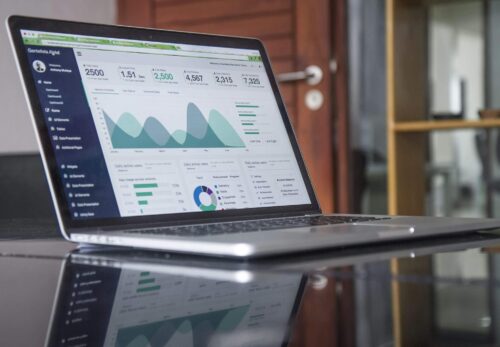Domains and IT Security: How to Increase Your Protection
A domain is more than just an address on the Internet, it represents your company and your brand image to the world. Due to the important role domains play in a company's public image, they are a popular target for cyberattacks and security threats, which is why they should be an important part of any IT security strategy. In this article, we show you some essential measures for optimal protection.
SSL/TLS Encryption and HTTPS
With an SSL/TLS certificate, you provide a more secure connection between server and client. This enables a protected exchange of data between users and the website and prevents third parties with potentially malicious intentions from snooping. You can tell whether a website has a valid SSL/TLS certificate by the "https" transport protocol. However, if the address of a domain begins with "http", the data exchange is not secure. An SSL/TLS certificate creates trust with the users of your website and is a must-have that you should definitely consider for your domain.
DNSSEC
The DNS (Domain Name System) is an essential element of the Internet and can be seen as sort of a telephone directory that translates domain names into IP addresses so that websites and email servers can be reached. DNSSEC stands for "Domain Name System Security Extensions". These extensions create an additional level of security for your domain to ensure the authenticity of the transmitted data. Your domain at reg.at offers full protection with DNSSEC and guarantees the integrity of the transmitted data.
Strong Passwords
The most popular password worldwide is "password", but there are some regional differences. In Austria, number sequences such as "123456" are also popular. Imagine that the administrators of your domain use such simple passwords that are easy to guess - a welcome gateway for attackers into your system. After all, if the security awareness of the people who are authorised to access your IT infrastructure is not sharpened, even the best technical precautions cannot provide sufficient protection. Therefore, avoid easy-to-guess passwords and instead rely on strong and unique passwords that are updated regularly. With a password manager, you can automatically generate complex passwords and store them in encrypted form - so you can keep them safe and always have them to hand.
To make log-in data even more secure, it is also advisable not to use standard user names such as "Admin" or "Administrator", but to use unique names that are less obvious.
Regular Backups
There are many measures you can take to protect your domain and your IT infrastructure - but there is no such thing as 100% protection. That's why it's important to take precautions just in case, because an attack can not only lead to data theft, but data can also be changed or deleted. To be prepared in an emergency and to be able to react quickly, you should make regular backups of your website and your domain data. Schedule regular backup routines and check them to ensure that your backups are complete and reliable. In the event of a successful cyber-attack, regular backups can make the difference between a minor interruption and a serious data loss.
Penetration Tests
If you would like a professional analysis of how well your domain and systems are protected, you can have a technical security check carried out by IT security experts. Penetration tests can be used to identify technical vulnerabilities that are a potential threat and can be exploited in the event of an attack. These analyses can be a useful addition to the IT security concept for very sensitive data or an increased need for security.
Data Protection & WHOIS Privacy
WHOIS is about your data as a domain holder. In the process of registering a domain, you as a customer submit personal data to registrars and this data is then made publicly accessible in the WHOIS database. WHOIS acts as an internet register that provides all available information on a domain. The entries in the WHOIS database aim to make it possible to contact the domain holder in the event of legal, technical or other concerns.
However, if you wish to remain anonymous and not make your data accessible, you can use special domain data protection - this WHOIS privacy protection is included free of charge with reg.at. We act as a kind of intermediary between you and the WHOIS database by providing data that does not allow any conclusions to be drawn about the actual domain holders. This means that your data is anonymised and your privacy is guaranteed.
Any Questions? We Are Here to Help!
Our service team will be happy to help you with any questions or concerns. Just send us a message at [email protected] or call us at +43 123 456 78.






